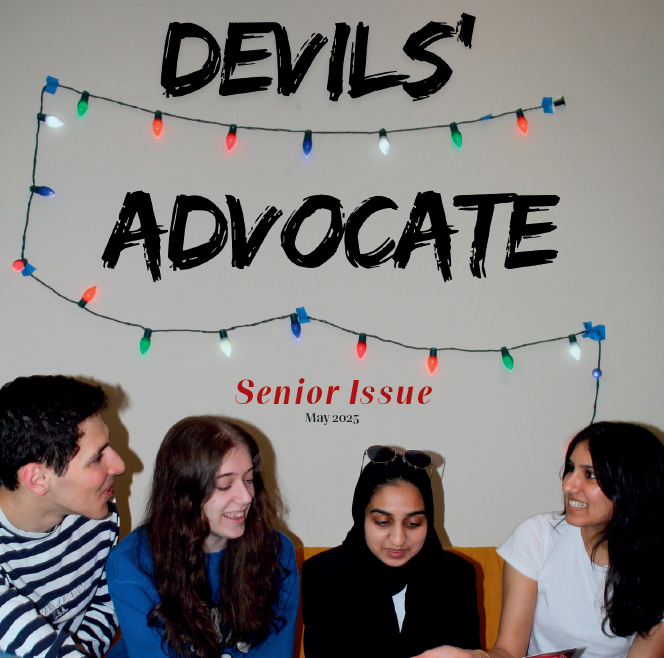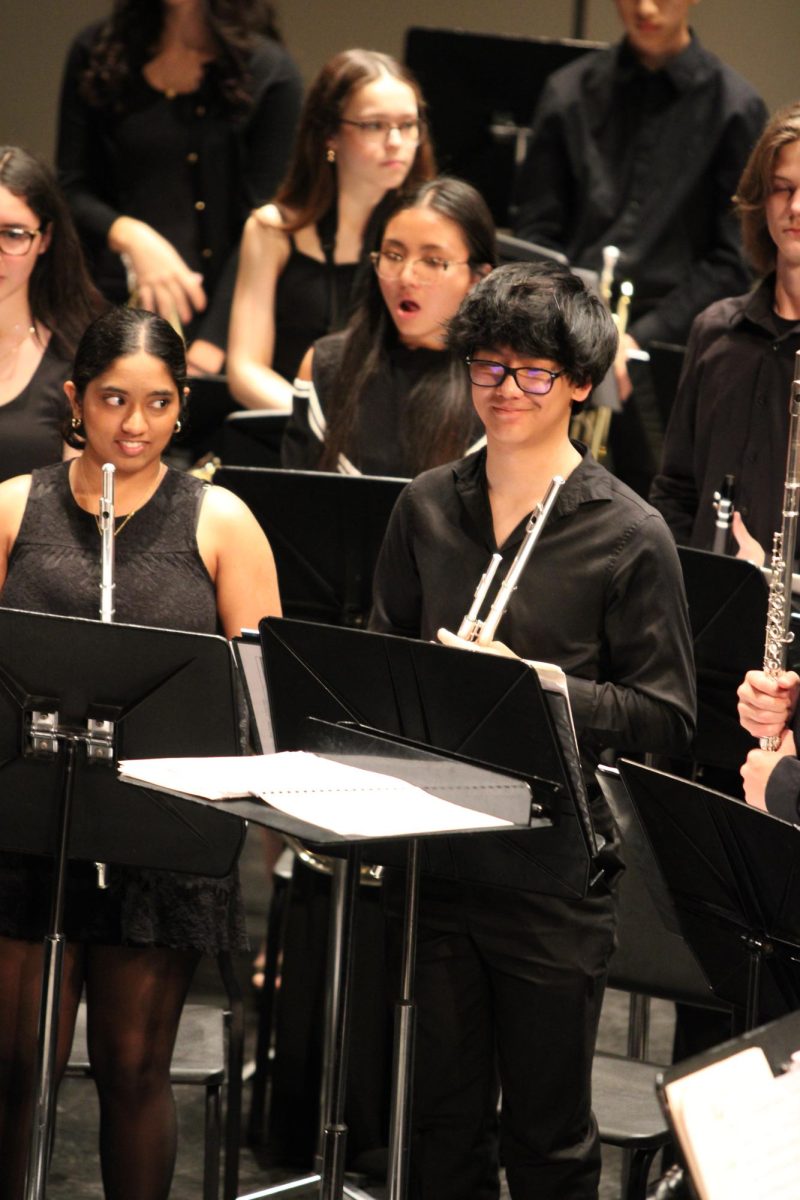Music pumps into your brain. Colored lights blind you as they shine into your window. Screams of joy pour in. You find it incredibly difficult to study among these distractions. The printed words in your book start to fade together and become a jumble of nonsense. At this point, focusing on school is at the bottom of your list of priorities. Inevitably, you are drawn to your phone which is set aside on your desk, originally to help you focus. But, now, it becomes difficult to ignore the growing pit in your stomach, making your phone seem more alluring. You already know what you are about to see: your friends, your friend’s friends and your friends’ friends’ friends are all at this rager. Of course, you see everyone on your SnapMap gathered in one spot right next to your house. Scrolling, you see endless Instagram stories, TikToks, and snaps of everyone having a great time. You can’t relate. Stress is already crowding the space in your mind. You fear that missing out on the party of the year will deprive you of your “high school experience”.
According to Merriam Webster, the definition of FOMO or fear of missing out is “fear of not being included in something (such as an interesting or enjoyable activity) that others are experiencing.” From homecoming to football games to Halloween parties, the fall season is full of important events that many students say they dread . Many students have large workloads and family obligations, making them unable to find the time to go to these events, which can create a lot of unwanted stress for students. A poll conducted by Baylor University also found that FOMO affects 80% of adolescents, making it one of the largest causes of anxiety and depression in teenagers.
However, what’s the real meaning behind the term “FOMO”? The term is actually quite recent as the National Library of Medicine states that it was introduced in 2004 and began to be used in 2010 especially within social media. In addition, the National Library of Medicine notes that FOMO involves two processes beginning with the understanding of missing out and then a longing to maintain those social connections.
“It really comes down to the feelings of anxiety or sadness associated with social situations and gatherings,” said Peter Hutcheon, social worker. “They’re growing up, formative years, lots of ‘you only get to do this once’ experiences.”
These “you only get to do this once experiences” often occur with friends and the social lives teens try to maintain.
“I especially had the fear of missing out. Last weekend, actually, I was grounded, and my friends were going out, and they were telling me all the stuff they were doing,” said Sarah Schilder, junior. “And I was like, I really wanted to do that. And it really hurt. But, you know, what can you do about it?”
The phenomenon of FOMO adds stress to the lives of students and contributes to negative feelings.

“Knowing that I missed out on good memories, it just doesn’t feel really good,” Schilder said. “I feel very down and just bed rotting when my friends are hanging out without me, just like down in the dumps you know what I mean.”
So, why does FOMO happen in the first place? According to the National Institute of Health (NIH), the uptick in social media use among younger generations has created a “compensation” of sorts for teenagers who may struggle with social interactions, a demographic that is only growing in no small part due to the consequences of the COVID-19 pandemic.
Research conducted by the Cleveland Clinic corroborates this, describing how 24/7 insight into the lives of other people can contribute greatly to feeling FOMO. Even if you aren’t missing out on all that much, constantly seeing what everyone else is doing can amplify the feeling to make you feel like you are.
The NIH also noted how extensive social media use is intrinsically linked with higher levels of depression and anxiety. These issues tend to be disproportionately present in adolescents. The Cleveland Clinic further noted how teenagers and young adults are the most likely to experience FOMO because they’re trying to find their place in life.
Though someone can experience FOMO for a variety of reasons, its effects are proven to be detrimental to the physical and mental well-being of people affected by it. The Cleveland Clinic’s research documented a plethora of harmful consequences. Affected individuals can experience stomach nausea, headaches and even more serious effects like hypertension, which all have negative consequences on students’ long-term health. The intensity of these problems can vary from student to student. The NIH also associates FOMO with interpersonal stress, which can have further effects like difficulty sleeping.
“It stresses me out a bit,” said Cristina Cirone, sophomore. “I don’t know why, but [the idea of missing out] just freaks me out a little bit.”
So, is there anything students can do to help with this negative experience?
“[I would] ask them to do some forward thinking reflection,” Hutcheon said. “How are you going to feel down the road if this experience isn’t part of your life?”
In other words, Hutcheon said he believes that self-reflection and addressing the problem straight at the source is an effective way of combating FOMO. The Cleveland Clinic adds that students should get in the habit of identifying not only what events may cause FOMO for them personally, but also identifying what really matters to them.
Hutcheon adds that other common methods of dealing with FOMO can include distancing oneself from social media, as to close the 24/7 window into other people’s lives.
Though many students are affected by FOMO, some find creative ways to combat the feeling.
Students can feel the effects of stress induced by the phenomenon of FOMO, however, some can find ways to combat this feeling.
“I feel sometimes it does [ induce stress], but once you learn to kind of let go of missing out, then you’re fine,” said Lauren Lapinski, junior. “It definitely takes a little bit to recognize that sometimes, it doesn’t matter and that there’s other opportunities sitting out with people.”
The FOMO phenomenon has a large impact on the lives of students, according to the studies cited in the article. In a post-pandemic world, many of the traditional social experiences students would have had in earlier formative years have been disrupted. The pattern of disruption continues to this day, where 80% of adolescents in the country report experiencing FOMO, according to the survey conducted by Baylor University. Additionally, a survey conducted at school of 52 students reported that 59.6% of students reported feeling excluded from events, and 63.4% of students reported attending school events purely to not feel like they’re missing out.
Though missing out on fun experiences might seem to be depriving one of the critical high school experience, in many cases, this is actually the result of students simply worrying too much about the experiences of other people, something which the accessibility of social media greatly contributes to. This is why many social workers at the school, including Hutcheon, suggests limiting social media use to combat feelings of loneliness and sadness.
















